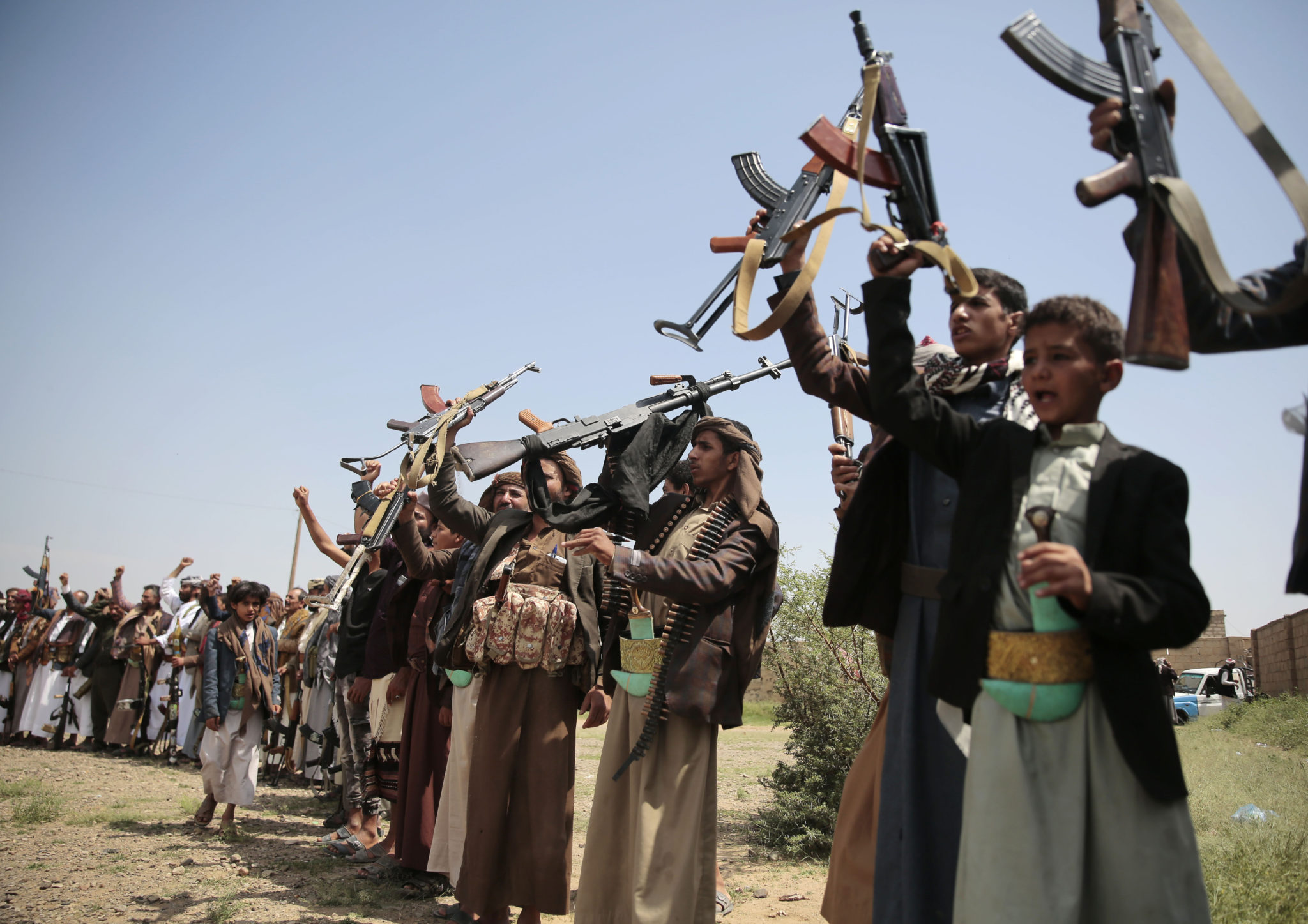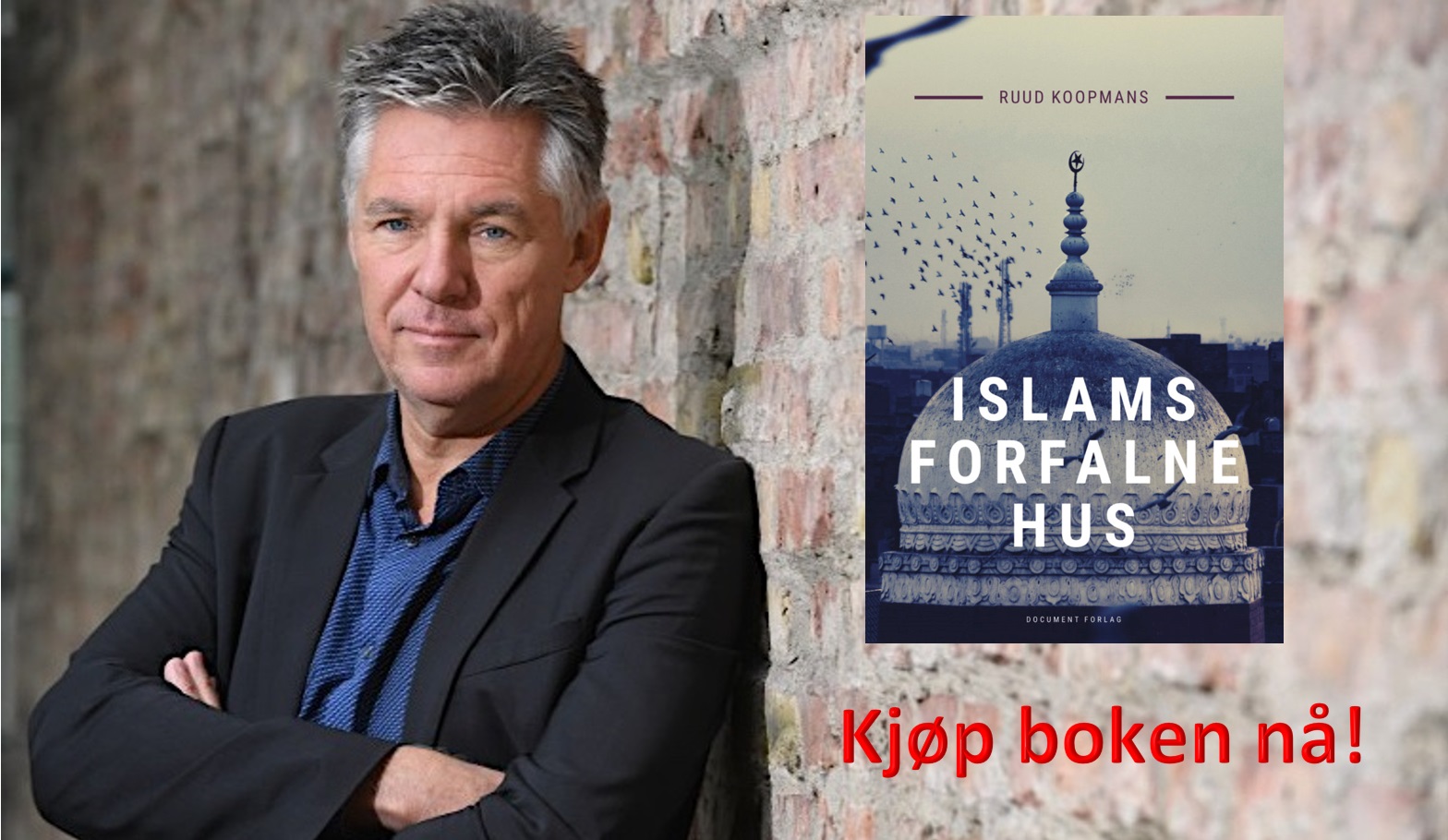Arabs are growing increasingly concerned about Iran’s sinister intentions and deception as the Iranians and representatives of Germany, France, Britain, Russia, and China continue their negotiations in Vienna about reviving the 2015 Iran nuclear deal, which the Trump administration abandoned in 2018.
The deal, known as the Joint Comprehensive Plan of Action (JCPOA), is ostensibly aimed at preventing Iran from developing nuclear weapons. Under the JCPOA, Iran agreed to eliminate its stockpile of medium-enriched uranium, cut its stockpile of low-enriched uranium by 98%, and reduce by about two-thirds the number of uranium gas centrifuges for 13 years. After the deal expires in a few years, however, Iran may build as many nuclear weapons as it wants. In that sense, the JCPOA deal was a runway to a full-blown nuclear weapons program.
On May 8, 2019, Trump announced the US withdrawal from the JCPOA, which Iran had been secretly violating, and Iran has been repeatedly violating the terms of the accord ever since.
The Iranians appear optimistic that the talks will bring the US back to the deal, saying a «new understanding» seems to be taking shape.
«We think that the talks have reached a stage where parties are able to begin to work on a joint draft,» Iranian Deputy Foreign Minister Abbas Araghchi told Iran’s state television. «It seems that a new understanding is taking shape, and now there is agreement over final goals.»
Arab columnists and political analysts who have been following the present negotiations in Vienna are convinced that Iran is once again poised to play the international community for fools. They warned the US and the other world powers against repeating the mistake of the past by falling for the Iranian ploy.
«History is repeating itself,» wrote Saudi writer and researcher Abdullah bin Bajad Al-Otibi. «Those who commit the same mistakes and expect different results are deceiving themselves.»
Al-Otibi described the 2015 Iran nuclear as an utter failure. «Regardless of the results of the Vienna talks, they will repeat the same mistake,» he remarked.
«One of the most important reasons for the failure of the previous agreement was that it excluded the Arab Gulf states completely. Today, the same mistake is being repeated. The result will certainly not be different.»
The Saudi writer pointed out that the Gulf states’ demand to participate in the Vienna talks was ignored by the world powers. «The exclusion of the Gulf states confirms that the talks are aimed at reviving a dead agreement,» Otibi argued. «The Western appeasement of Iran has reached new heights and the Iranian regime is exploiting that with some bravado.»
According to Otibi, one of the «sins» of the previous nuclear deal was that it did not clearly address two main issues:
«First, the agreement did not address the Iranian regime’s ambitions of hegemony and its blatant interference in the internal affairs of Arab countries through direct and semi-direct occupation in Iraq, Syria, Lebanon and Yemen. That is why Iran’s evilness increased after that failed agreement, until a US administration that was tougher with Iran arrived.
«Second, the previous nuclear agreement did not address Iran’s ballistic missiles that were threatening the Gulf states, and that was a major reason for the failure of that agreement. Iran today is targeting Saudi oil and global energy supplies, as well as civilians, as the world is watching.»
Otibi warned that the world will quickly discover that once some sanctions against Iran are lifted, Iranian-sponsored terrorism will continue and «many will pay the price of inaction.»
Syrian writer Bahaa Al-Alawam warned that the Vienna talks were not taking into consideration the interests and legitimate concerns of the Arab countries.
Al-Alawam pointed out that Israel was aware of Iran’s continuous violations of the nuclear deal:
«The Israelis explained the danger [of Iran’s intentions] before the talks [in Vienna]… When they found that the Americans and Europeans were ignoring their concerns, they decided to expose the falsity of what is happening in Vienna. Iran’s nuclear program was never a peaceful one. Those who are negotiating with Iran now care only about their interests.»
Iran’s recent announcement that it has begun enriching uranium to its highest-ever purity (60%), Al-Alawam said, shows that it is moving closer to manufacturing a nuclear bomb, posing a threat to the security of the region and the world.
«The Europeans and Americans are closing their eyes to this threat,» he added.
«They insist that preventing Iran from acquiring nuclear weapons is sufficient to convert it to the Switzerland of the Middle East, or guaranteeing the democratization of the mullah’s regime in Tehran. Because of the Western apathy, the countries of the region do not expect much from the Vienna negotiations, and if they are thinking about their independent options to deal with the Iranian threat to them, this is a legitimate matter and no one has the right to object. All the concessions that the Western powers intend to make to Tehran do not bind anyone in the Middle East, and cannot force Israel or the Arab countries to respect the outcome of the talks in Vienna, especially if these negotiations increase the danger of the Tehran regime to stability and security.»
Echoing these concerns, former Jordanian Minister of Information and Culture Saleh Al-Kallab said he did not expect Iran to stop meddling in the internal affairs of the Arab countries:
«The truth is that there is a political, military, security and economic Iranian occupation of four Arab countries – Iraq, Syria, Lebanon and Yemen… It is clear that if the US restores its relations with Tehran, the mullahs will become the main decision-makers in the Middle East. The Arabs will not regain their unity unless the Iranians and their followers are expelled from Iraq, Syria, Lebanon and Yemen.»
The talks in Vienna coincided with a campaign by many Lebanese calling for severing diplomatic relations between Iran and Lebanon.
Last week, dozens of Lebanese activists staged a protest outside the offices of the Lebanese Foreign Ministry in Beirut during which they demanded that their government expel the Iranian ambassador to Lebanon and cut off diplomatic relations with Iran.
The protesters shouted slogans calling for ending Iran’s occupation of Lebanon and disarming Iran’s proxy militia, the Hezbollah terrorist group.
This campaign, like the views expressed by several Arab political analysts and columnists, is aimed at sending a message to those who are currently negotiating with Iran that the Arabs trust the mullahs in Tehran about as far as they can throw them.
This message, directed mainly at the Biden administration, accuses the West of ignoring Iran’s ongoing occupation and terrorism in the Arab countries. Evidently, there is a profound fear among Arabs that a revival of the nuclear deal will add fuel to the mullahs’ fire and support their slash-and-burn policies of destabilizing Arab countries and promoting terrorism through their proxies, including Hamas, Hezbollah and the Houthi militias in Yemen.
Khaled Abu Toameh is an award-winning journalist based in Jerusalem. Follow him on Twitter
This article was published by Gatestone Institute








